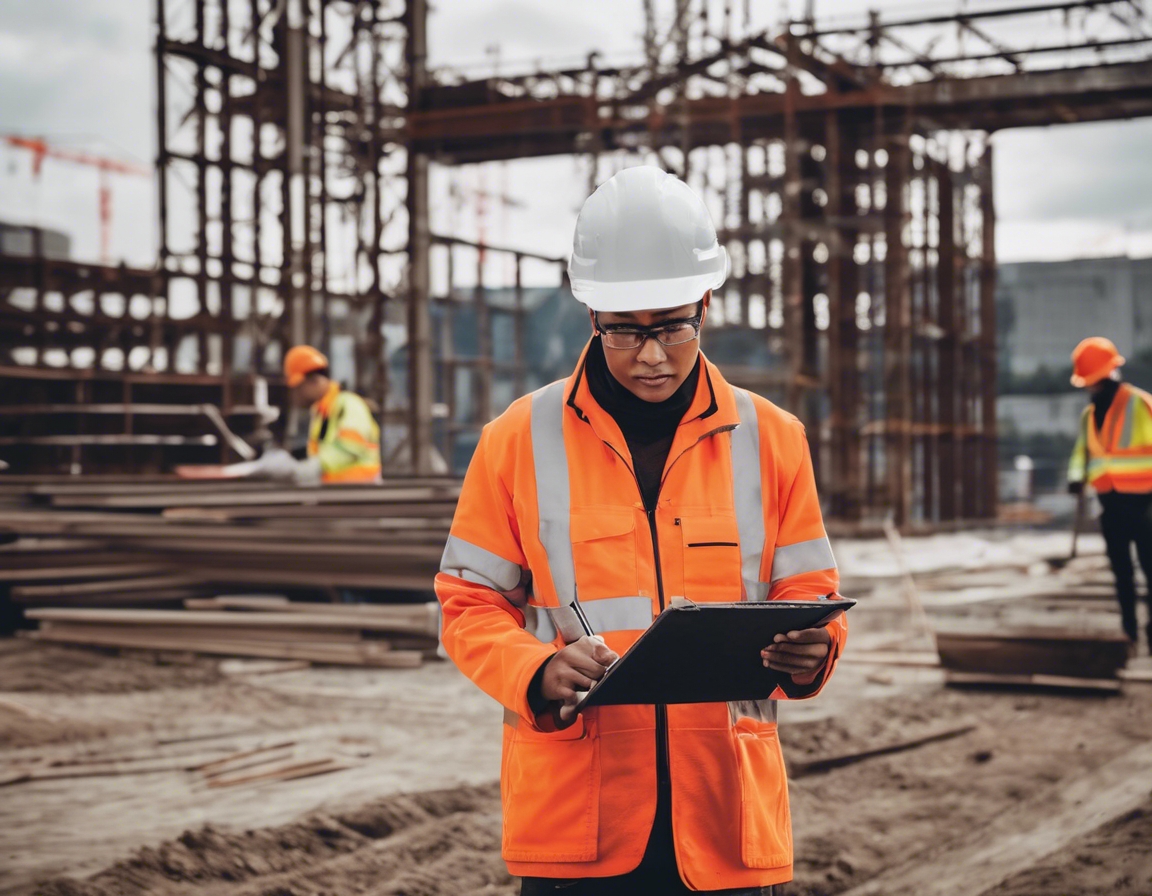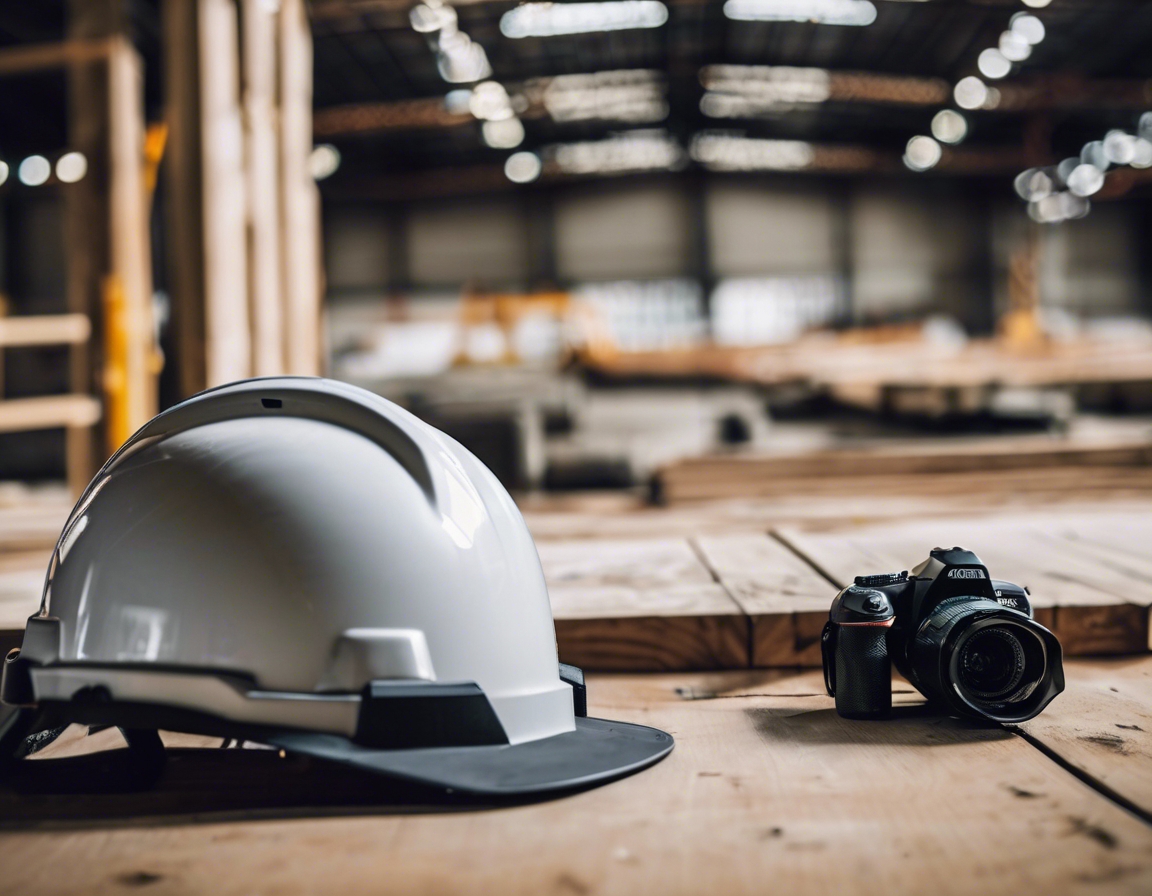How to ensure quality in real estate projects
Ensuring quality in real estate projects is paramount for developers, investors, and buyers alike. Quality assurance not only enhances the value of the property but also ensures compliance with regulatory standards, thereby safeguarding investments. In this blog post, we will explore the various aspects of maintaining quality in real estate projects, focusing on the Estonian market.
Importance of Quality Assurance
Quality assurance in real estate projects is crucial for several reasons. It ensures the safety and durability of the construction, enhances the aesthetic appeal, and increases the property's market value. Moreover, it helps in building a reputation for developers and investors, fostering trust among buyers and stakeholders.
Key Factors Influencing Quality
Adhering to local building codes and regulations is fundamental in ensuring quality. In Estonia, compliance with the Building Code and other relevant regulations is mandatory. This not only ensures safety but also prevents legal complications.
The choice of materials significantly impacts the quality of a real estate project. Opting for high-quality, sustainable materials can enhance the longevity and environmental performance of the building. Developers should prioritize materials that meet international standards and are suitable for the local climate.
A skilled workforce is essential for executing construction projects efficiently and effectively. Investing in training and hiring experienced professionals can lead to superior workmanship and fewer defects, ultimately ensuring higher quality outcomes.
Effective project management is critical in maintaining quality throughout the construction process. This involves meticulous planning, scheduling, and coordination among various stakeholders to ensure that the project is completed on time and within budget, without compromising on quality.
Implementing Quality Control Measures
Conducting regular inspections at different stages of construction helps in identifying and rectifying issues early. This proactive approach minimizes the risk of defects and ensures adherence to quality standards.
Maintaining comprehensive documentation and reporting is vital for tracking progress and ensuring accountability. Detailed records of inspections, materials used, and construction processes provide a clear audit trail and facilitate quality assurance.
Leveraging technology and innovation can significantly enhance quality control in real estate projects. Tools such as Building Information Modeling (BIM) and drones for site inspections offer precise data and insights, enabling better decision-making and quality management.
Engaging Professional Oversight
Engaging experienced consultants can provide valuable insights and guidance in maintaining quality. Consultants can assist in planning, design, and execution, ensuring that the project meets the highest standards.
Third-party audits offer an unbiased assessment of the project's quality. These audits help in identifying potential issues and provide recommendations for improvement, ensuring that the project aligns with industry standards and client expectations.
Continuous Improvement Strategies
Implementing feedback mechanisms allows stakeholders to provide input on the project's quality. This feedback can be used to make necessary adjustments and improvements, fostering a culture of continuous quality enhancement.
Investing in ongoing training and development for the workforce ensures that they are equipped with the latest skills and knowledge. This not only improves the quality of work but also enhances employee satisfaction and retention.






Comments (0)